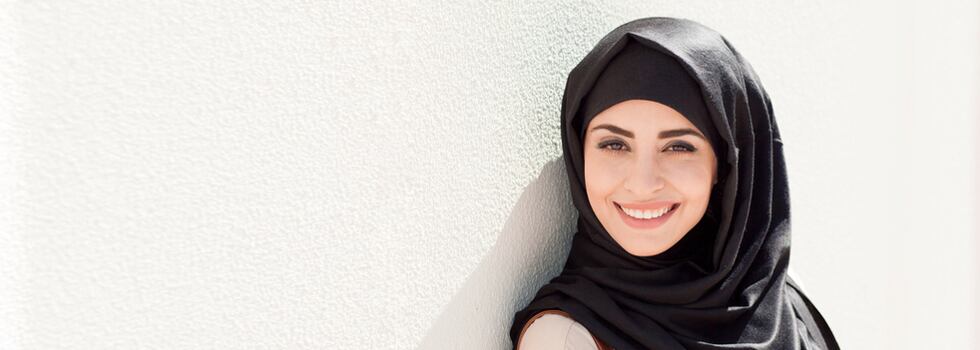With the halal cosmetics market tipped to grow from $16bn in 2015 to $52bn by 2025 according to Grand View Research’s predictions, products that meet the needs of the Muslim community represent a huge opportunity. To seize the opportunity, companies must navigate a fast-changing market while delivering innovative, high-quality personal care products.
Halal, the Arabic word for “permissible,” is used to describe products that adhere to Islamic laws set out in the Quran. These laws prohibit the use of certain materials such as porcine and alcohol at any stage in the production of a product, meaning its ingredients, manufacturing process, storage, packaging and logistics must all comply with the requirements. A growing number of consumers want such halal-certified products.
Multiple sustainable halal trends are powering the rise of the market. The global Muslim population is forecast to grow from 1.8bn in 2015 to 3bn by 2060. Many Muslims are young, interested in personal care and have disposable income.
With approximately $36bn worth of new business opportunities opening up in the coming years, companies in Asia and around the world need to start thinking about how to cater to the Muslim market.
Developing halal-certified products
The production of halal cosmetics and personal care products starts with the sourcing of raw materials that comply with Islamic law. To develop halal cosmetics and personal care products, formulators need access to a wide range of halal-certified ingredients. Multiple raw material suppliers have begun the process of getting products certified as halal but are at very different points in the process.
As an early entrant to the halal sector, Croda has more than 20-year history of providing these ingredients to formulators, notably from a Majelis Ugama Islam Singapura (MUIS)-certified plant in Singapore. Croda’s halal-certified portfolio now features more than 600 ingredients across multiple manufacturing sites globally. The portfolio comprises active ingredients, extracts, surfactants, emollients, fatty acids and alcohols, humectants, inorganic UV filters, lanolin and derivatives and rheology modifiers, as well as gelling agents, speciality blends and bases and specialty cationic compounds.
Innovating to differentiate
Looking ahead, companies that already produced halal-certified products on the market may face a different challenge altogether. When their products came to market, halal certification set them apart, helping to drive sales growth. From 2019, due to the halal legislation in Indonesia, all their competitors will be halal certified, eliminating the value of a previously-powerful differentiator. This will force companies to rethink their products and commercial strategies.
“In the near future, it’ll become a norm for companies to obtain halal certification and hence consumer products labelled with Halal logo won't be good enough. Brands will have to look at product quality, claims, efficacy, sensory properties and formulation innovation to differentiate themselves,” said Phyllis Chua, regional marketing manager, Personal Care at raw material supplier Croda. The Indonesian law means the need for differentiation is most acute there, but, with competition increasing everywhere, it is valuable around the world.
Besides offering high quality Halal-certified ingredients, Croda can also provide its expertise in formulation development, marketing, claim substantiation, sensory science and regulatory support to help companies differentiate their products and stay abreast of changes in Halal regulations.
Buoyed by such support, brands can identify opportunities in the booming halal market and develop products to seize them, thereby meeting consumer needs and fuelling growth.


